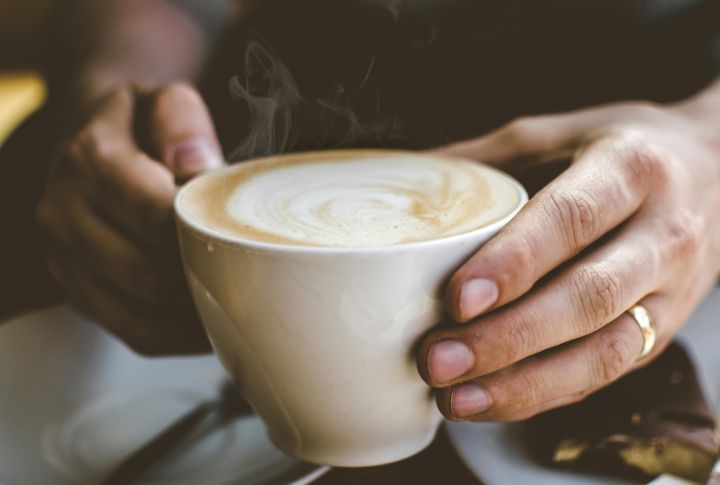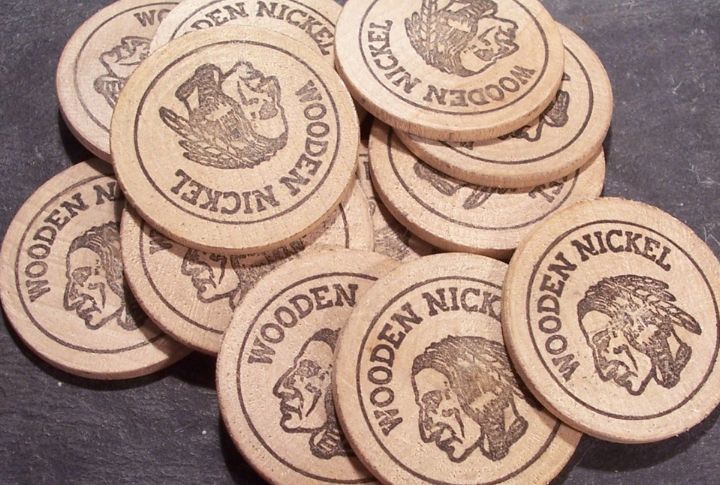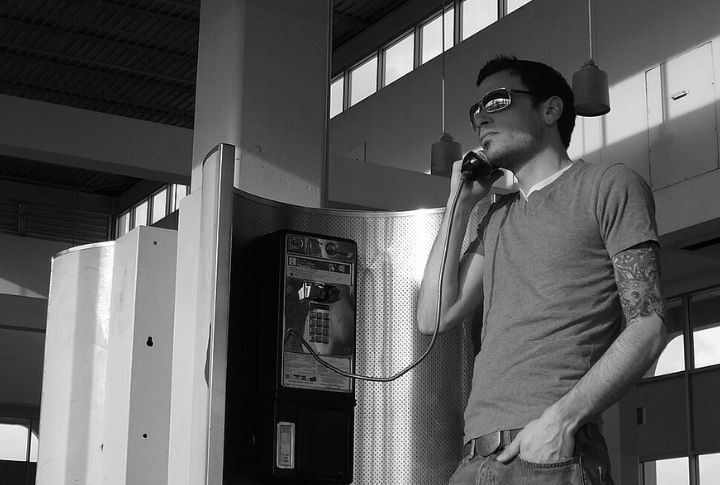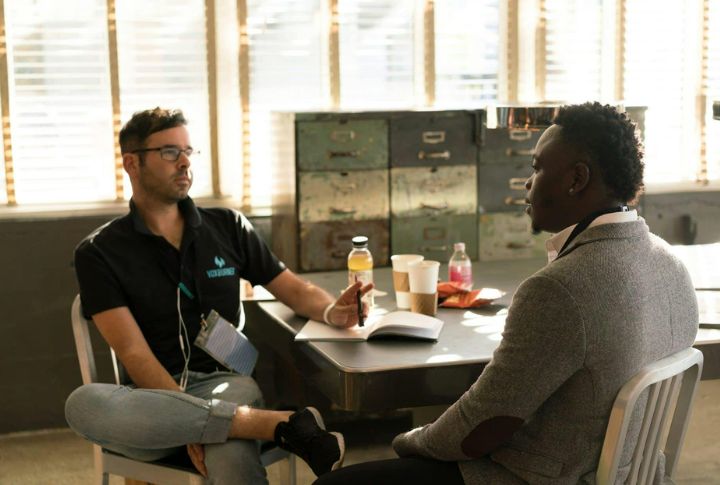
Some phrases once ruled conversations but now sound like ancient puzzles. You might hear them in an old movie or from your grandparents and wonder what on earth they meant. Language improves fast, leaving plenty of sayings stranded in the past. These forgotten gems reveal just how much our everyday talk has changed. Keep reading to see which ones still ring a faint bell.
“She’s A Real Betty”

In the 1940s and ’50s, being called “a real Betty” was the ultimate compliment. It meant you were very beautiful, trendy, and confident—think classic pin-up energy. It’s not about Archie Comics at all, but about surf culture and mid-century style.
“That And A Dime’ll Get You A Cup Of Coffee”

Once upon a time, a dime could buy you a hot cup of coffee. This phrase was a cheeky way of saying something wasn’t worth much, kind of like saying “that and five bucks might get you a latte” today.
“Don’t Take Any Wooden Nickels”

Back in the early 1900s, in America, this phrase meant “don’t get scammed.” People actually made wooden nickels (usually as souvenirs or fair tokens), and during the Great Depression, they even passed as temporary money. So next time someone says it, think of it as vintage advice to stay sharp.
“Let’s Blow This Popsicle Stand”

In mid-1900s America, people said this when they were ready to ditch a boring place. It’s basically the old-school version of “let’s get out of here.” The phrase adds a bit of flair to the exit, though most younger folks just wonder what popsicles have to do with it.
“Drop A Dime On Someone”

If you “dropped a dime” on someone in the 1960s or 70s, you were tattling to the cops. The saying came from when phone calls cost a dime at payphones. Now that payphones are museum pieces, that phrase has quietly disappeared, too.
“He’s Got A Hitch In His Giddy-Up”

Straight from cowboy country, “a hitch in his giddy-up” meant someone was walking funny or slowing down. That’s folksy and fun to say, but modern ears rarely hear it outside of old Westerns or maybe a dad joke or two.
“Know Your Onions”

“Know your onions” served as a compliment in early 20th-century America, signaling expertise and confidence. Its popularity even spread to Britain, where it lingered for decades. Although modern ears might find it odd, it once carried the same weight as calling someone smart.
“Don’t Call Me, I’ll Call You”

This was the classic polite brush-off, especially in Hollywood. Casting directors said it to hopeful actors, yet everyone knew it meant “don’t hold your breath.” It’s still tossed around jokingly, a throwback to when rejection came with fake politeness.
“23 Skidoo!”

The snappy phrase was the “let’s go!” of the 1920s. People used it when leaving fast or jumping on a lucky break. Nobody’s totally sure where it came from, but it sure had style. Today, it’s more mystery than meaning, like a jazzy ghost of slang past.
“This Is The Bee’s Knees”

In the roaring ’20s, calling something “the bee’s knees” meant it was absolutely amazing. No bees involved, just nonsense slang from the Jazz Age, along with gems like “the cat’s pajamas.” While it might sound silly, it still buzzes with old-school charm.

